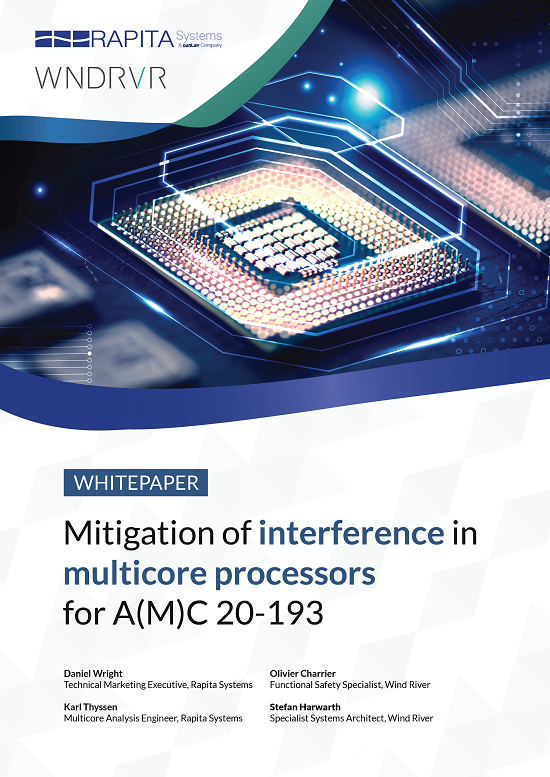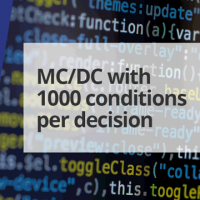I was recently asked by a customer if they could use RapiTime to analyse a program compiled for Windows using GCC and CygWin. The answer, with a few caveats, is yes!
Firstly, performing precise timing analysis for applications running on Windows is very difficult due to the precision of the system timers. For example, the GetProcessTimes API call will return the current account of elapsed user and kernel time, but the resolution is around 1/64 of a second.
This makes WCET estimates pretty useless, since for precise calculations you need a timer resolution close to your instruction execution frequency. All is not lost however, since we can still produce valuable coverage information, and test the RapiTime integration without the need to run the code on an embedded target system.
We usually write a very simple 'dummy' implementation of RPT_Ipoint which increments a counter, allowing us to see coverage information and follow the execution trace.
int rpt_counter = 0;
void RPT_Ipoint(int i) {
rpt_counter ++;
printf("%d %d\n", i, rpt_counter);
}
The stdout trace can then be recorded to a file and parsed by traceparser.
Just remember to ignore any execution times you may obtain this way!

 RVS 3.24 accelerates multicore software verification
RVS 3.24 accelerates multicore software verification
 Rapita Systems and Avionyx Announce Strategic Partnership to Offer Best-in-class Avionics Solutions
Rapita Systems and Avionyx Announce Strategic Partnership to Offer Best-in-class Avionics Solutions
 Rapita System Announces New Distribution Partnership with COONTEC
Rapita System Announces New Distribution Partnership with COONTEC
 RVS gets a new timing analysis engine
RVS gets a new timing analysis engine
 How to measure stack usage through stack painting with RapiTest
How to measure stack usage through stack painting with RapiTest
 What does AMACC Rev B mean for multicore certification?
What does AMACC Rev B mean for multicore certification?
 How emulation can reduce avionics verification costs: Sim68020
How emulation can reduce avionics verification costs: Sim68020
 How to achieve multicore DO-178C certification with Rapita Systems
How to achieve multicore DO-178C certification with Rapita Systems
 How to achieve DO-178C certification with Rapita Systems
How to achieve DO-178C certification with Rapita Systems
 Certifying Unmanned Aircraft Systems
Certifying Unmanned Aircraft Systems
 DO-278A Guidance: Introduction to RTCA DO-278 approval
DO-278A Guidance: Introduction to RTCA DO-278 approval
 Embedded World 2026
Embedded World 2026
 XPONENTIAL 2026
XPONENTIAL 2026
 DO-178C Multicore In-person Training (Heathrow)
DO-178C Multicore In-person Training (Heathrow)
 Avionics and Testing Innovations
Avionics and Testing Innovations


















